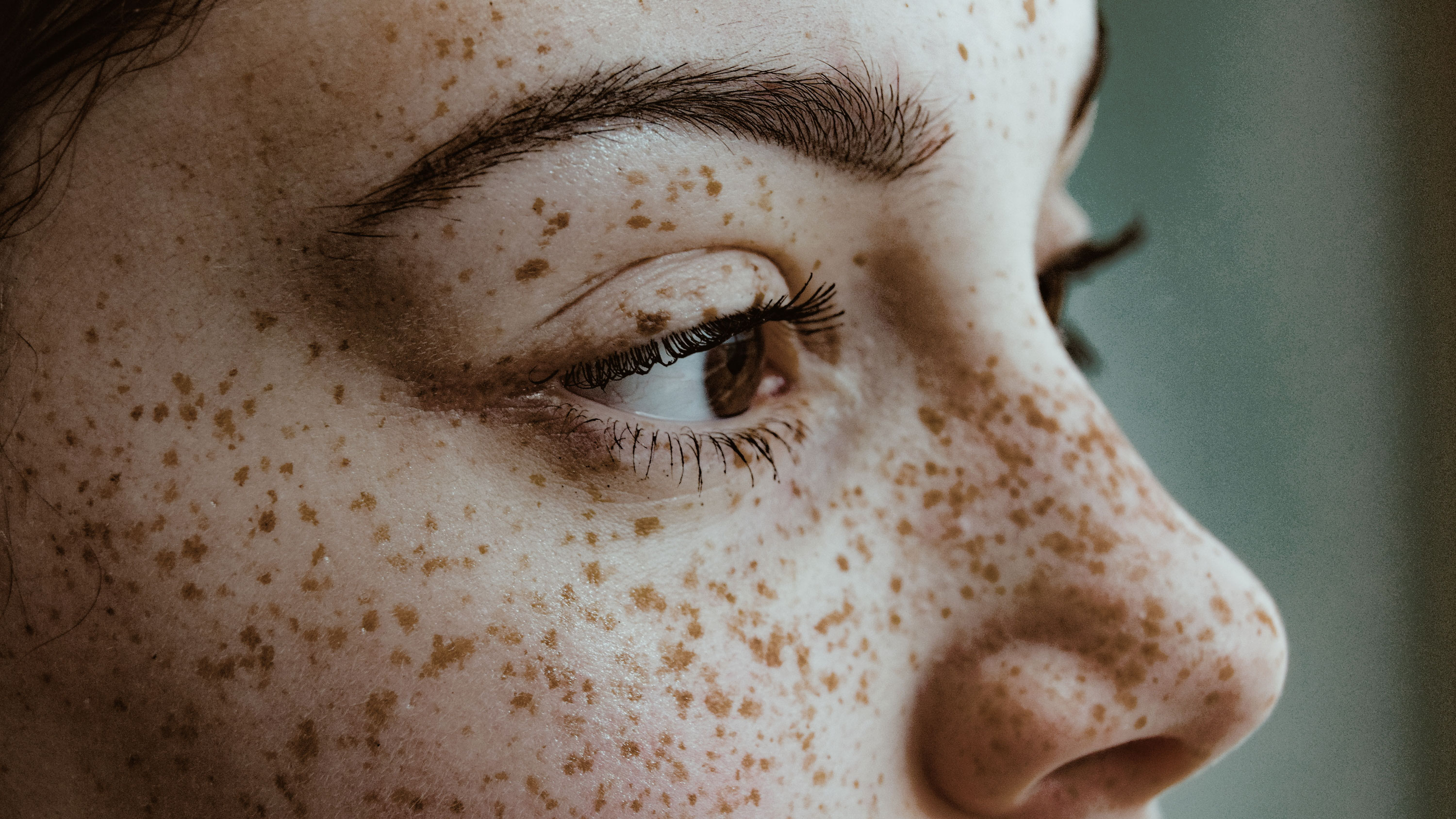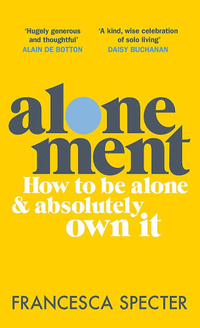Loneliness Awareness Week 2021: 'What living alone throughout a pandemic taught me about how to feel less lonely'
'I am grateful for what the past year has taught me: how to identify and navigate loneliness.'


Loneliness Awareness Week takes place from 14th-18th June, to shine a light on loneliness and help remove the stigma attached to it.
Before 2020, the word ‘lonely’ wasn’t really in my vocabulary. It seems strange to say, looking back, but I didn’t feel my life had much potential for loneliness: I have great friends and family, I live in the buzzy capital city of London, and—although I’ve lived alone for the past four years—in the past, I was surrounded by colleagues all day at the office, and saw people socially a few times a week. I’d read in the news about the so-called ‘loneliness epidemic’ affecting young people, but I’d never thought I’d be one of them.
It took a global pandemic—which coincided with several changes in my personal life—to change my mind. In February 2020, I left my staff job in digital journalism to focus full time on launching my podcast and writing my first non-fiction book. That same month, someone I’d been dating for the past six months moved to South America. We’d always planned to break up when he left—but it was still sad to say goodbye.
- Best meditation apps: download these to de-stress fast
So, I began last year newly-single, freelance, and going through a career change—on paper, that does sound like a lot to navigate alone, but I treated it as a window of opportunity rather than a challenge. That is, until the pandemic hit, a month later.
Amid the growing unease of the first few months of the pandemic, and with my resilience at a low ebb, I craved consistency in my personal life—not the spirit of change I’d embraced at the very beginning of the year. But, instead, I was living and working alone at a time when government restrictions meant I couldn’t see loved ones—even for a walk.
Thus began one of the loneliest years of my life. Lockdown wasn’t so much the cause of my loneliness, but more a period that exacerbated the isolated nature of my lifestyle, and took away many would-be coping strategies. For instance, my expectation for freelance life was joining a co-working space where I could meet like-minded freelancers or working from a coffee shop. The pandemic reality was being home alone, before I’d had time to build up a support network. Being single was also a much lonelier experience than it had been before. At a time when we were restricted to households and, later, bubbles, I felt the sting of not being someone’s ‘person’ when my mostly-coupled-up friends were with their partners.
And I wasn't alone in feeling alone—according to ONS (Office for National Statistics) data from November 2020, 8% of the UK population felt lonely "always or often", and young people aged between 16 and 29 were twice as likely as over-70s to experience feelings of loneliness.
In the US, a study from last October found that 36% of respondents felt lonely “frequently” or “almost all the time or all the time”, and 61% of them were aged 18 to 25.
How I managed to navigate loneliness
I found the past 18 months incredibly challenging (who hasn’t?). But I am grateful for what it’s taught me: how to identify and navigate loneliness. This began with learning to be more vulnerable. At first, I was ashamed to admit I felt lonely—but, when I struggled with my mental health earlier this year, I realized that trying to ‘save face’ was a mistake. The moment I confided in close friends and family, it was like a weight had lifted—and it paved the way for stronger, more honest connections where I feel able to express my needs.
A post shared by Alonement™ (@alonementofficial)
A photo posted by on
I’ve also learned to focus on quality over quantity of connections. In the past, if I felt lonely, I’d just reach out to the nearest person to talk to: a housemate, a colleague, someone I was dating. I wouldn’t really think about the nature of the connection I was looking for. But, with most in-person social contact off the cards at the height of lockdown, I had time to reflect on the relationships I missed the most. When things opened up again, it was like rebuilding my social life from scratch—and I found myself wanted to make it better than before. Now, if I feel lonely, I ask myself: am I craving time with a certain group of people, or does the idea of an intimate glass of wine with just one or two friends appeal more? Will going on a date serve me right now, or do I actually just need an honest chat with my mum?
At first, I was ashamed to admit I felt lonely—but, when I struggled with my mental health earlier this year, I realized that trying to ‘save face’ was a mistake.
I’ve also reflected on the things I’d taken for granted before: for instance, the importance of having friends who can relate to your life stage. For most of my life, I’ve had this support network—at school, for instance, or when my friends and I were fresh out of university, our lives felt more or less parallel. However, last year I realized that things had shifted, leaving me feeling more ‘alone’ in my day-to-day life—now, many of my friends are in serious relationships, or work in very different fields. Lockdown, which restricted us to our households, made the contrasts in our lifestyles seem starker. Forging some new friendships with others who are single, or self-employed, and can share experiences, has provided a vital support network.
Finally, being able to value time alone saved me. I used to be someone who thought time alone was time wasted—and if I’d carried that into 2020, it would have been a disaster. Thankfully, I made a new year’s resolution in 2019 to work on my relationship with myself, and in the process, I discovered ‘alonement’—a word I coined to describe positive solitude—which is also the title of my now-published first book and podcast.
Of course, alonement proved much tricker in lockdown. For me, alonement had never meant, ‘the more alone time the better’—I’d always balanced quality time alone with socializing, and without a sense of balance, I sometimes struggled to enjoy solitude, particularly months into lockdown. Yet, my ability to spend time alone meaningfully, journaling and reflecting, allowed me to learn from my loneliness—to feel the bottom of it, to identify it for what it was, and think about how to foster more meaningful connections in my life, not only during lockdown but beyond. While it was a difficult year, it was not a wasted one—and I’ve come out with an anti-loneliness toolkit for the rest of my life.
Francesca Specter is a freelance journalist and the author of Alonement: How to be alone and absolutely own it. Based in north London, she's previously worked for Yahoo Lifestyle, Express.co.uk and Healthy magazine, and has written for the Telegraph, Red and Huffington Post.
